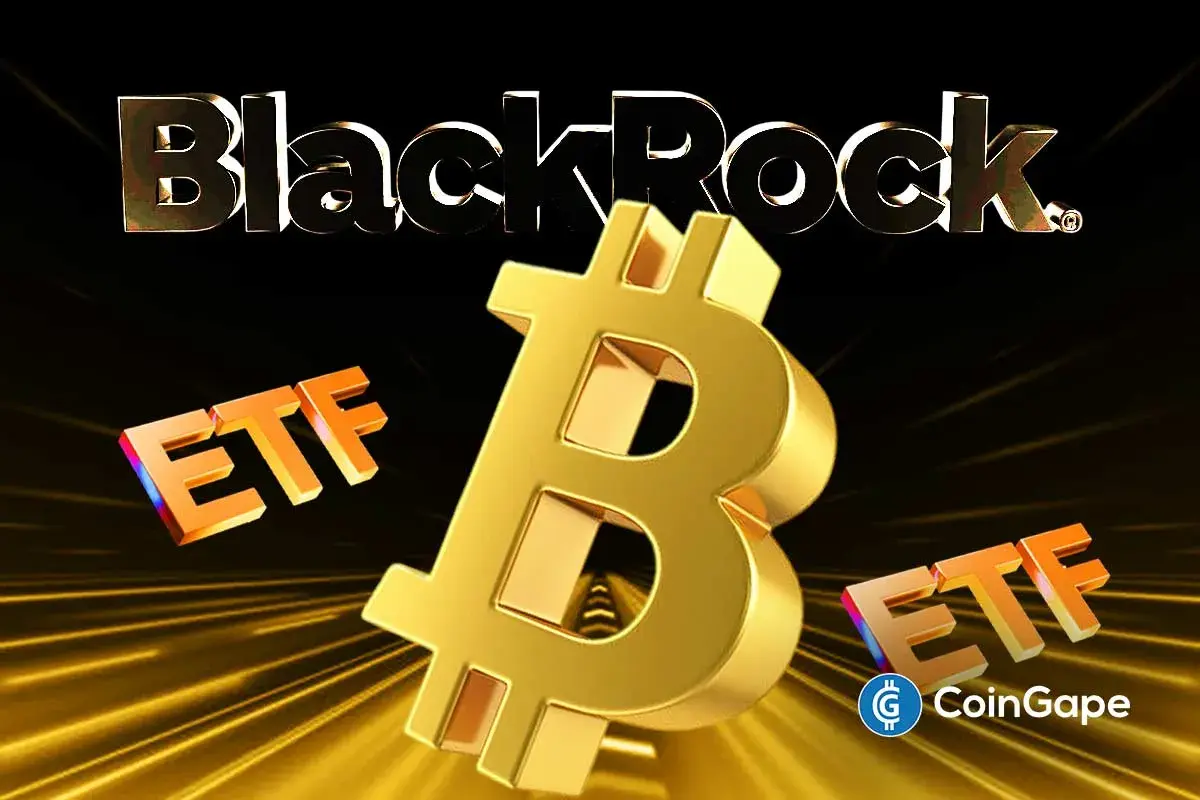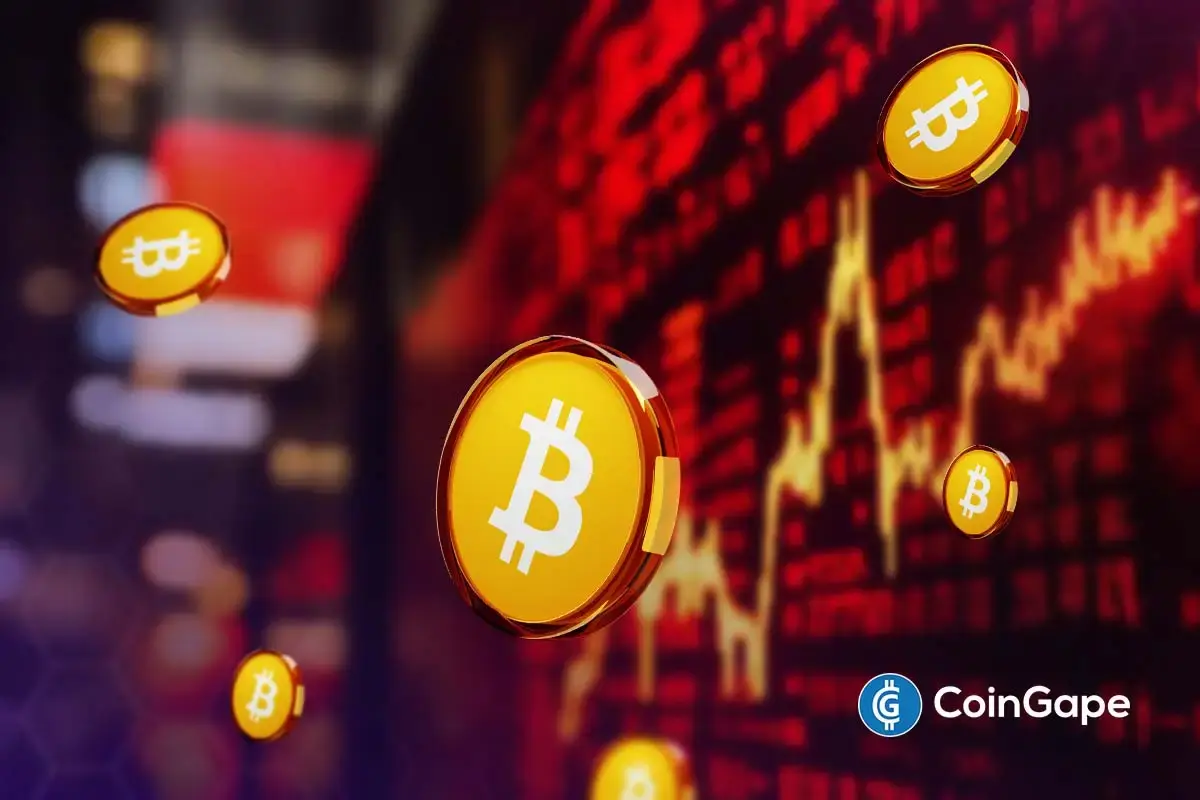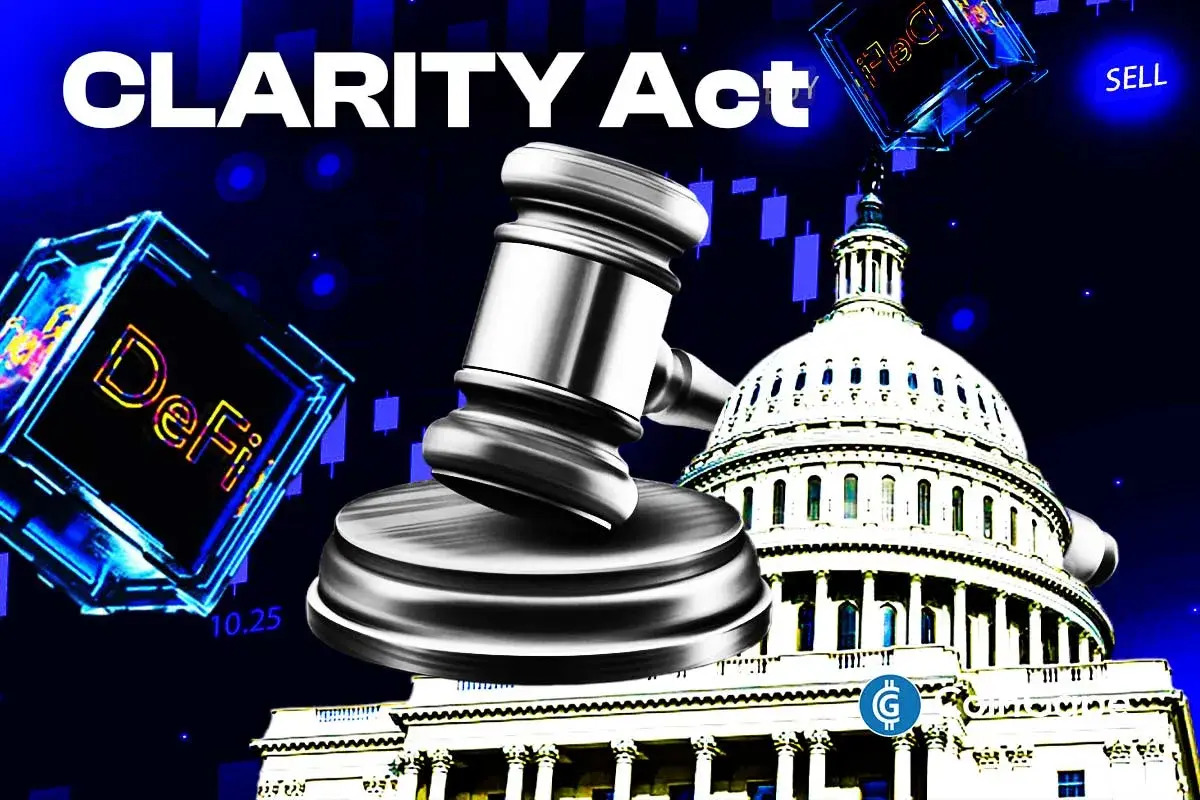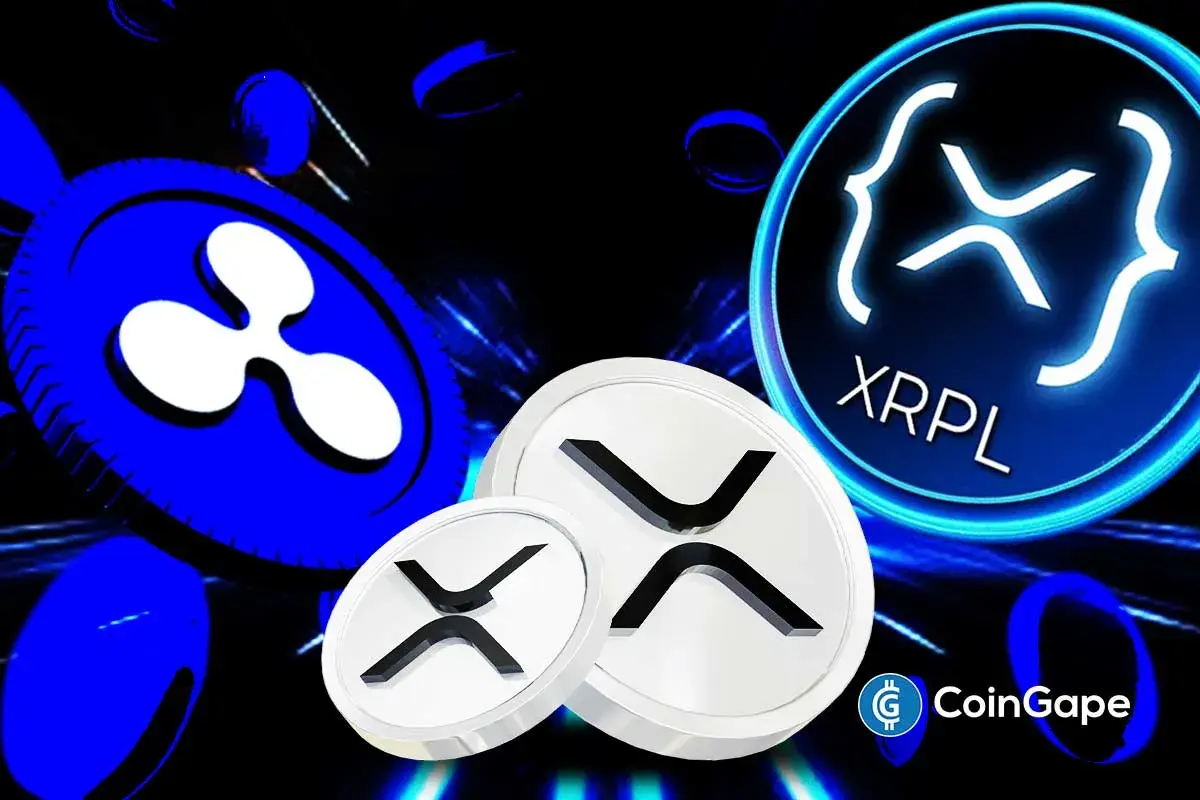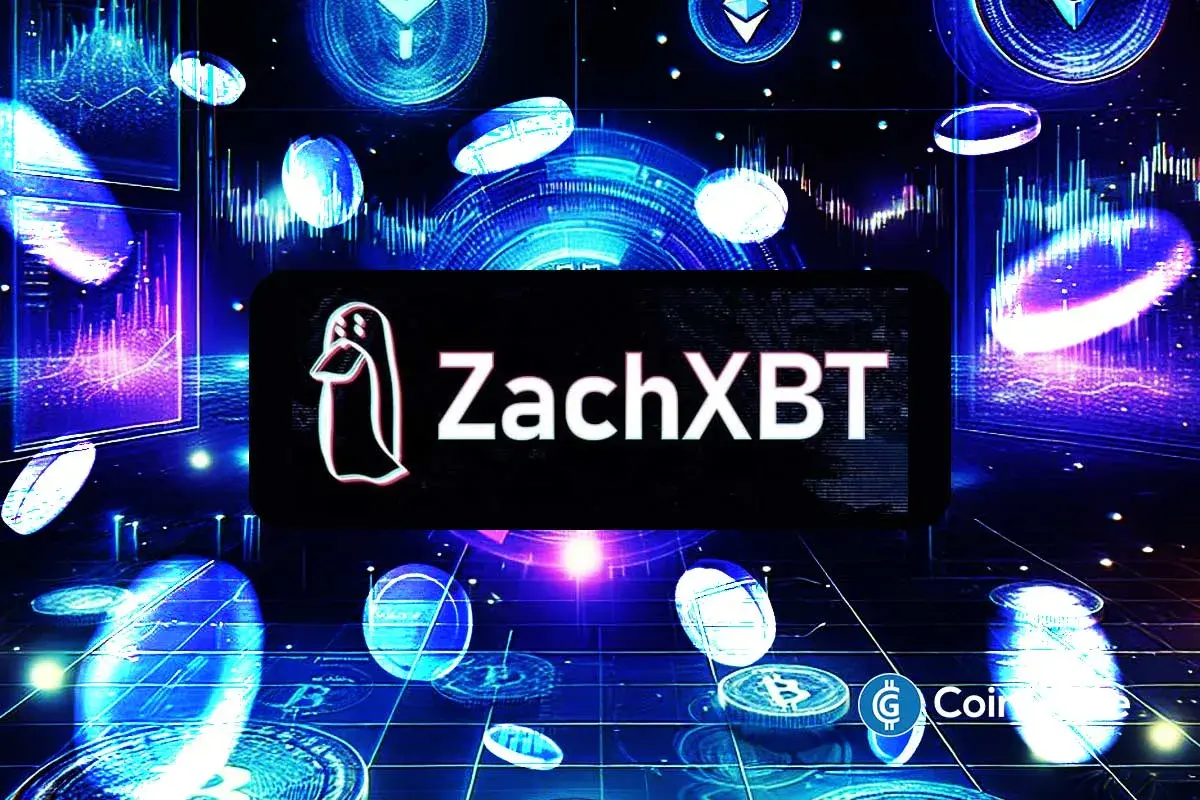Will These New Changes Help OpenSea Outmatch Rival Blur In NFT Race?

OpenSea, the leading non-fungible token (NFT) marketplace, announced today that it will temporarily eliminate its 2.5% fee on sales, as well as cut down on creator royalty protections, in an effort to acclimatize the rapidly changing crypto market. This move comes in response to increasing competition from upstart rival Blur.
OpenSea Brings New Changes
On Friday, OpenSea announced through Twitter that it will only enforce a 0.5% required creator royalty charge on NFT trades for projects that do not have an on-chain enforcement method. However, sellers have the option to pay a bigger proportion if they so want. A creator royalty is a percentage of the profit made from the sale of an NFT, often ranging from 5 to 10% of the total price. After the initial sale of tokens, this is how NFT collections are expected to continue to make revenue on an ongoing basis.
We’re making some big changes today:
1) OpenSea fee → 0% for a limited time
2) Moving to optional creator earnings (0.5% min) for all collections without on-chain enforcement (old & new)
3) Marketplaces with the same policies will not be blocked by the operator filter— OpenSea (@opensea) February 17, 2023
According to the tweet published by the marketplace, it will also let sales to take place on other platforms that adhere to the same regulations. This means that content producers won’t have to decide whether their earnings will come from OpenSea or Blur.
Read More: Check Out The Top 10 DeFi Lending Platforms Of 2023
In its official announcement, the team was quoted as saying:
This is the start of a new era for OpenSea,” the marketplace tweeted. “We’re excited to test this model and find the right balance of incentives and motivations for all ecosystem participants.
OpenSea referred to on-chain statistics that demonstrated around 80% of the volume of current NFT trading is conducted without any form of creator royalty being included. The market gave the impression that it is attempting to work out a solution that will be to everyone’s advantage, including NFT developers and traders.
Blur’s Growing Dominance
The move by OpenSea comes after a successful week for Blur, a new entrant in the NFT space that began operations in October of last year. On Tuesday, Blur airdropped its BLUR tokens to more than 100,000 NFT traders. And just the following day, the company recommended NFT project creators to prevent trades using OpenSea. There is no fee assessed to artists for using the Blur marketplace.
As things currently stand, the price of Blur (BLUR) is trading at $0.97 which represents an increase of 9.43% over the past 24 hours, in contrast to a massive drop of 82% over the last seven days, according to CoinMarketCap’s crypto market tracker.
Also Read: Top CNBC Host Slams Charlie Munger On Anti Bitcoin Rhetoric
Play 10,000+ Casino Games at BC Game with Ease
- Instant Deposits And Withdrawals
- Crypto Casino And Sports Betting
- Exclusive Bonuses And Rewards

- Vitalik Buterin Maps Out Quantum Risks as Ethereum Foundation Unveils ‘Strawmap’
- BlackRock Adds $289M in BTC as Bitcoin ETFs Log 2-Week High Inflows Of $500M
- Glassnode Signals Bitcoin Still Faces Downside Risk Amid Massive Sell Pressure at $70K
- U.S House Introduces Bipartisan Crypto Bill To Protect Crypto Developers Amid DeFi Push Under CLARITY Act
- XRP News: Ripple Unveils Funding Hub To Support Innovation On XRPL
- Top 2 Price Predictions Ethereum and Solana Ahead of March 1 Clarity Act Stablecoin Deadline
- Pi Network Price Prediction Ahead of Protocol Upgrades Deadline on March 1
- XRP Price Outlook As Jane Street Lawsuit Sparks Shift in Morning Sell-Off Trend
- Dogecoin, Cardano, and Chainlink Price Prediction As Crypto Market Rebounds
- Will Solana Price Rally to $100 If Bitcoin Reclaims $72K?
- XRP Price Eye $2 Rebound as On-Chain Data Signals Massive Whale Accumulation

 Buy $GGs
Buy $GGs







